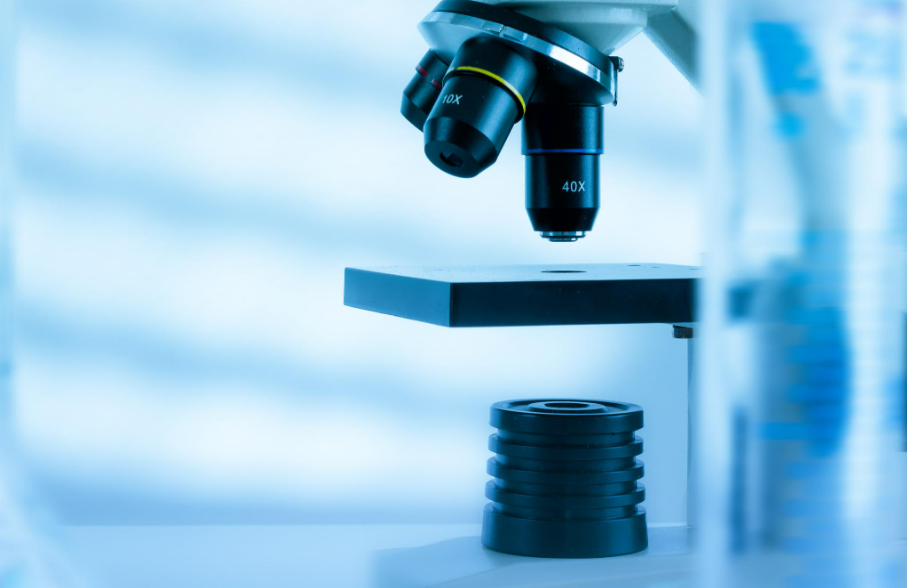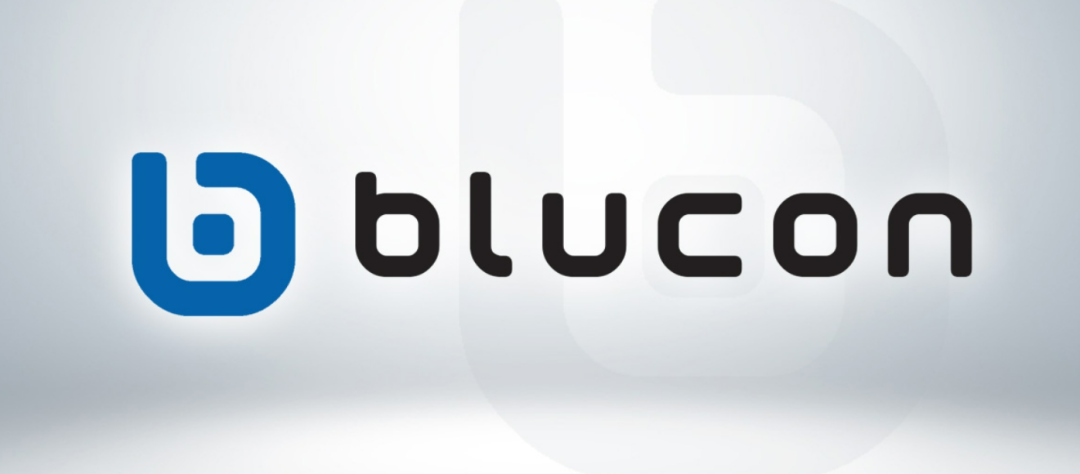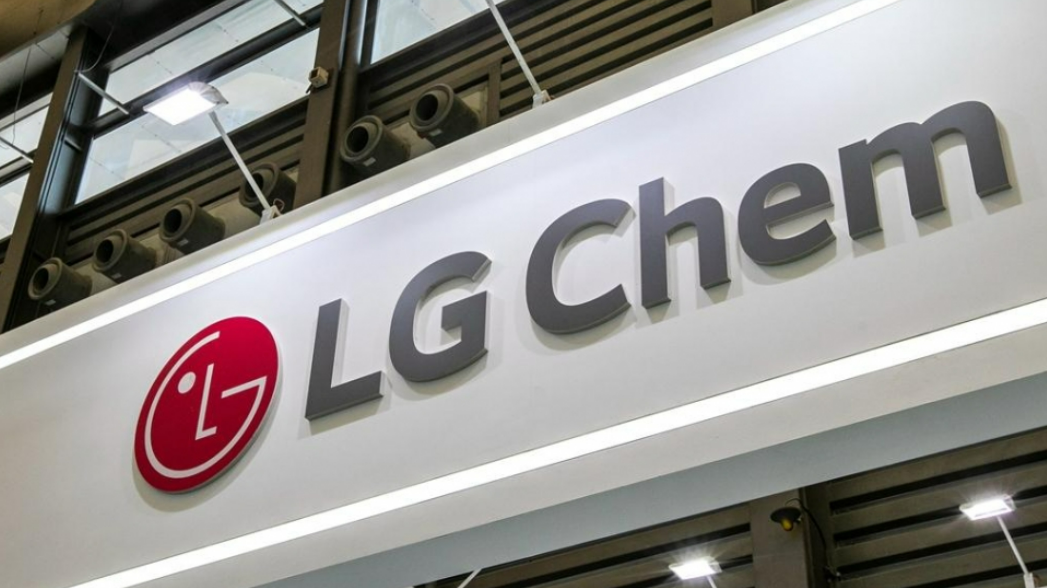German biotech company BluCon Biotech and chemical giant LG Chem have reached a new investment agreement. According to the agreement, the two parties will cooperate to expand and commercialize BluCon’s patented technology for producing high-purity L-lactic acid. Lactic acid is the precursor of bio-based biodegradable PLA. For LG Chem, the investment will support and complement its bioeconomy portfolio, which includes next-generation materials such as PLAs and polybutylene adipate-co-terephthalates (PBATs).
The two companies have agreed to collaborate on the development of BluCon’s new process for converting non-food lignocellulosic feedstock to lactic acid. To complement LG Chem’s deficiencies, BluCon has developed a technology route that includes direct fermentation of lignocellulosic raw materials into lactic acid, thereby reducing production costs and making it possible to produce PLA, which is priced competitively with fossil-based plastics.

Founded in 2017, BluCon Biotech, co-founder and co-CEO Dr. Albrecht lüfer explained that the company uses proprietary bacteria to digest lignocellulosic biomass and produce lactic acid in a single bioreactor, an efficient and The cost-effective technology is also a world first.
“This would lead to a commercially viable method to produce lactic acid at a lower cost than traditional methods, making bio-based plastics competitive with fossil-based plastics,” he said. The company is currently running a trial run.

The flexibility of the technology platform means it can also be used to produce other biological products such as ethanol or succinic acid.
The use of non-food raw materials from agricultural residues and pulp and paper industry waste streams removes any potential competition with the food chain, in addition it helps to protect the environment by reducing pollution from burning straw or bagasse.
BluCon has also previously received funding from the German Ministry of Economic Affairs and Climate Protection to expand its proprietary fermentation technology.
“We are proud to have won the investment and support of LG Chem, one of the world’s major chemical companies with a clear commitment to carbon-neutral growth by 2030 and net-zero emissions by 2050,” said co-founder and co-CEO Markus Fehr said.

BluCon plans to adapt its process to convert other raw materials, such as wheat straw, into bioplastics. Other alternatives include corn stover, bagasse, cotton stalks, starch and algae. The company plans to license its technology to investors, the chemical and biotechnology industries, and large producers of raw materials and bioplastics, thereby generating revenue through milestones, royalties, and service fees. These factories are likely to be located in areas with abundant supplies of raw materials, potentially bringing development to remote rural areas around the world.











